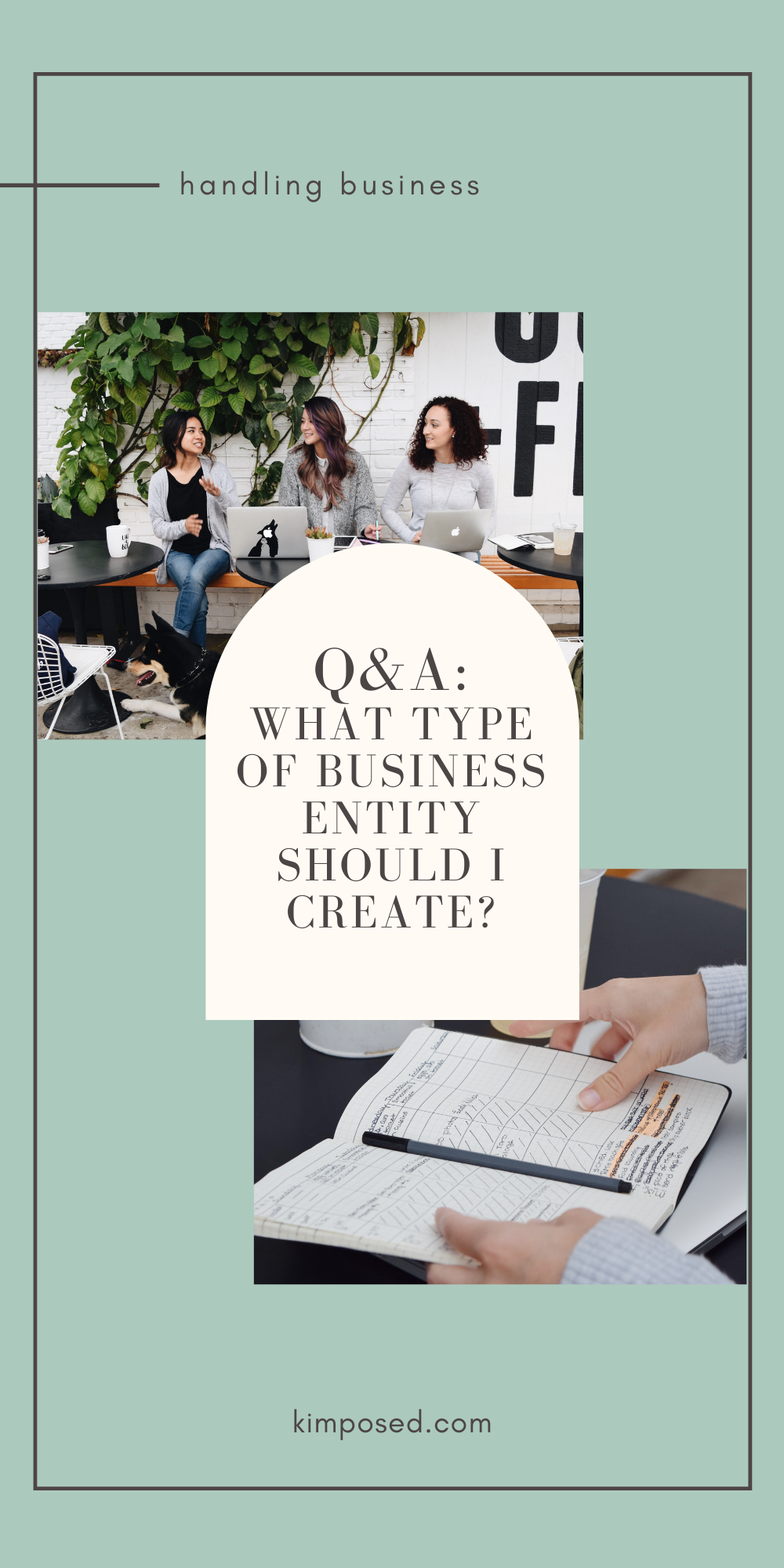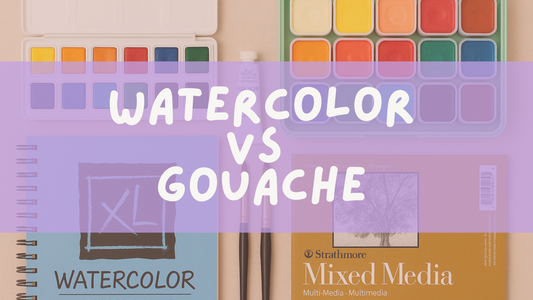One question I get asked a lot as an artist running my own business is: "What type of business should I create if I want to start selling my art too?"
Right off the cuff, one piece of advice I can give is to not get too bogged down by what decision you decide to move forward with. Don’t let one decision stop you from building something you’re passionate about. You’re not married to this decision, and you CAN change your mind later.
Disclaimer: I am not a lawyer by any means, and if you are ever unsure on what steps to take, please seek professional legal advice on establishing your business. The information below is based off of the information I’ve collected in my efforts to make the same decision for my business.
Now let's see which business entity is the best fit for you!

Sole Proprietorship
- Very little setup
- No upfront fees associated to get started
- Can file as a “doing business as”, or DBA, so that the legal name of your business is different from your personal name.
- You’re personally responsible for all revenues and debts of the business
- You must report all business income as personal income and file self-employment taxes (higher tax rate)
- No protections from business liabilities
Choose this option if:
You will be the sole owner in a small business, like opening an Etsy shop, and you’re not looking to attract outside shareholders. Read more about how to get started with this option in my blog article: 5 Tips for Starting an Art Print Business.
Limited Partnership
- Two or more people teaming up to create the business
- At least one General Partner must have management authority over the business and has personal liabilities tied to the business.
- At least one Limited Partner who is a passive investor for the company, but has no legal authority in the business’s day-to-day
- Can file as a “doing business as”, or DBA, so that the legal name of your business is different from your personal name.
- No protections from business liabilities
Choose this option if:
You’re looking for investors to jumpstart your business. Investors like this option because they only have the possibility of losing only what they’ve already invested in the business and is not personally liable for any other business expenses.
Limited Liability Partnership (LLP)
- For businesses with more than one partner
- All partners of the LLP share management decision-making and ownership of the company, but are not responsible for company debts.
- Partners are also not responsible for any malpractice performed by any other partner.
Choose this option if:
Are going into business with one or more partner, and looking for investors.
Limited Liability Company (LLC)
- Hybrid of sole proprietorship and corporation
- Members of the LLC are not personally liable for company’s debts
- LLCs will require Operating Agreements, to outline the purpose of the business and roles of all members who make up the LLC.
Choose this option if:
You have a small, growing business and do not want to have personal liability for the company’s debts but still want to maintain operational flexibility.
Corporation
- The business is its own legal entity, completely separate from its owners
- Owners are considered shareholders are not liable for any debts or claims against the business
- Dependent on whether you are a “C”, “B”, or “S” corporation, you will be taxed differently
Choose this option if:
You’re a fast growing tech startup, or have many investors.
Non-Profit
- You must have non-profit status approval before being considered a non-profit
- Make sure to apply for a federal tax exemption with the IRS to get status as a 501(c)3 organization
- This status shields any personal assets from charity’s debts and liabilities
- Your company can qualify for grants and low-cost rates, and may also be exempt from income, property and sales tax
Choose this option if:
- You’re creating a charity.
I hope this information helped point you in the right direction! If you found this helpful, pin the image below:



 https://kimposed.com
https://kimposed.com


